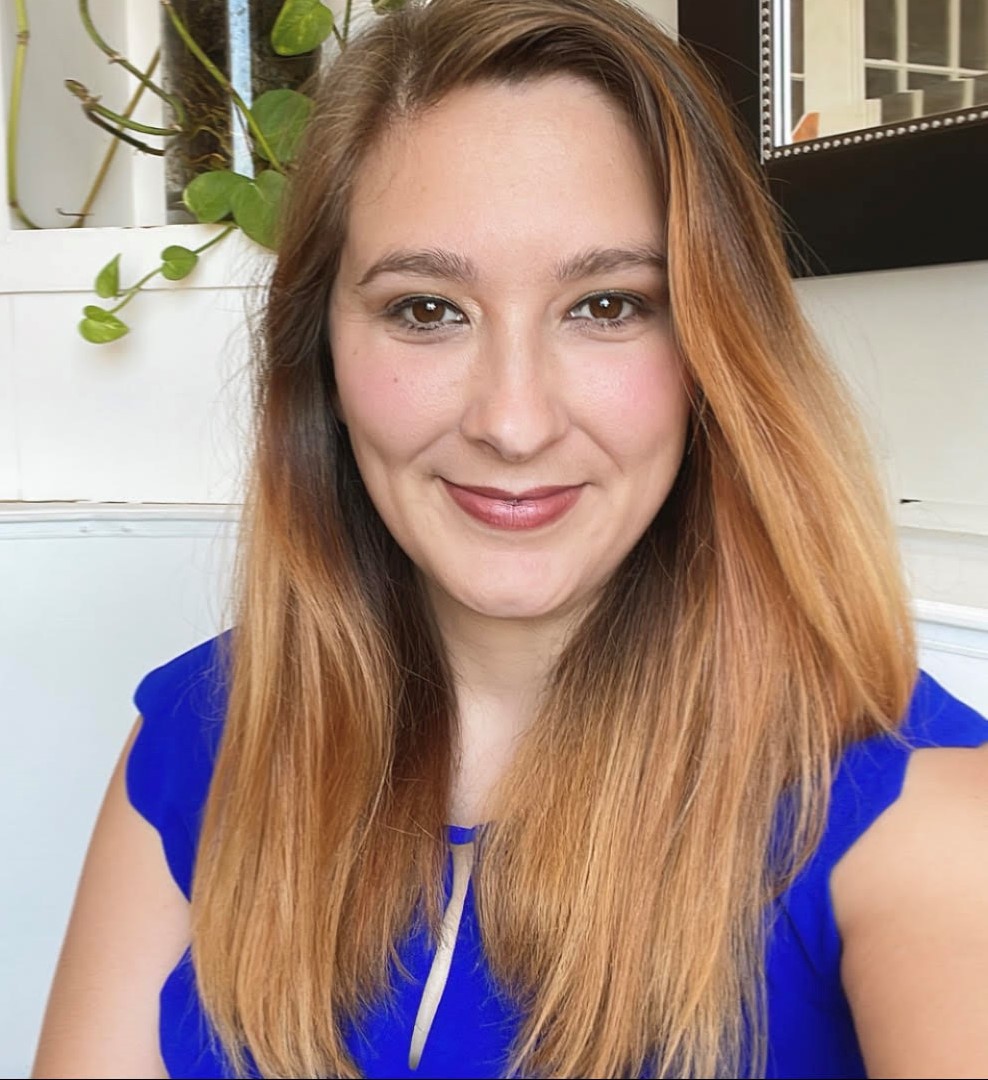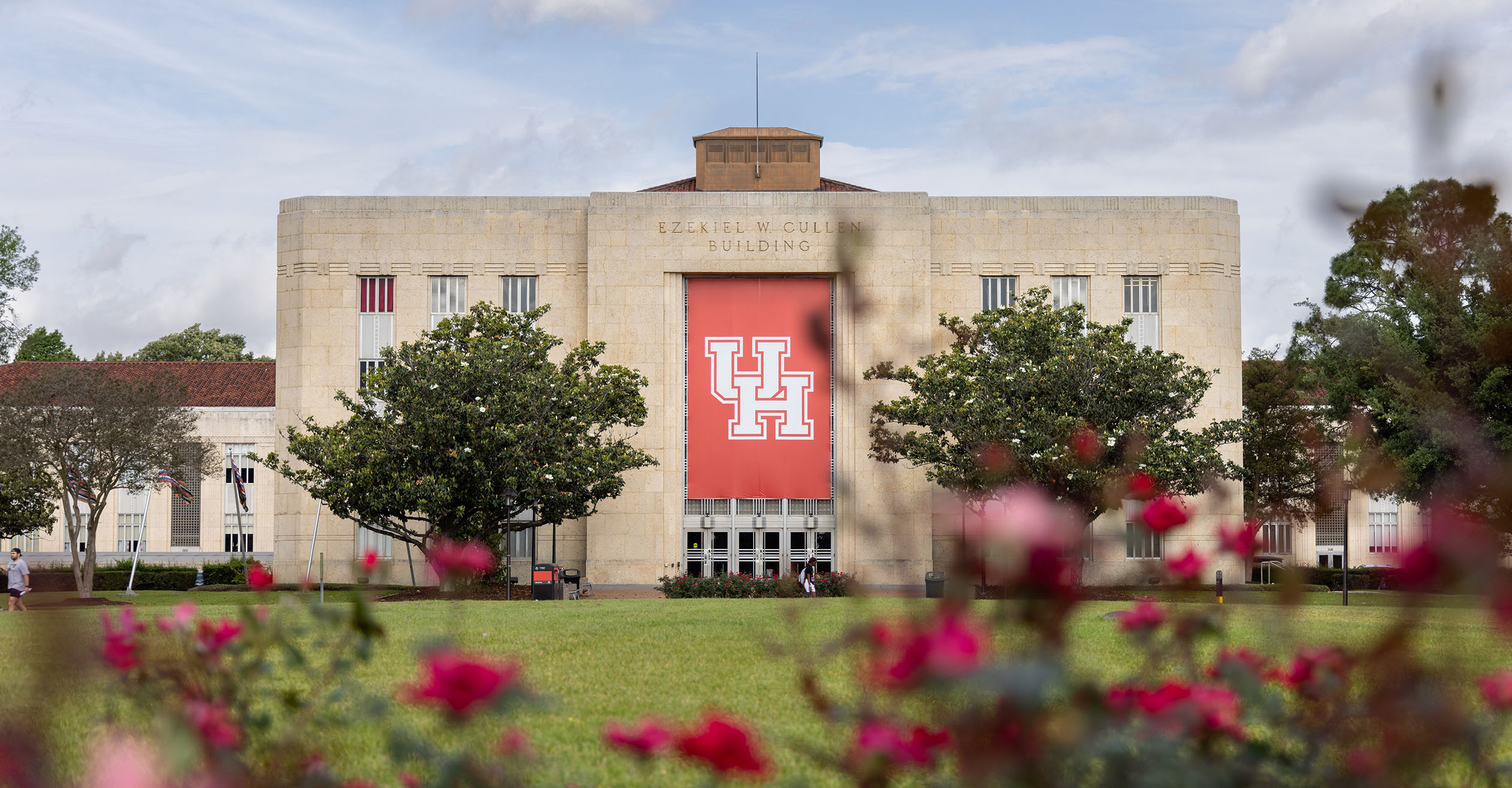All it took was one graduate school project to change Carlee Purdum’s research focus forever — a change that elevated her to the top of her field.

Purdum, an assistant professor of sociology at the University of Houston, was recently named a Kavli Fellow by the National Academy of Sciences thanks to her work researching and advocating for incarcerated people in disasters.
The Kavli fellowship recognizes scientists 45 years old or younger who are taking their fields in new directions. She was named one of 87 fellows in 2025 — the only one from UH — and joins more than 6,800 scientists from around the country who have received the honor since the program’s inception in 1989.
“To be among the leading scientists in so many different fields was humbling,” Purdum said. “I was able to connect important work to societal impact.”
Since the Kavli Fellowship started, 354 have been elected to the NAS and 20 have been awarded the Nobel Prize.
Change in Focus
In graduate school, Purdum’s focus was originally on vulnerable populations and communities. That shifted when she embarked on a long-term disaster recovery project and learned how often local governments use incarcerated people.
“I asked someone about what relationships were important for a community’s recover process, and I was handed a flyer from the Texas Department of Criminal Justice,” Purdum said. “I was told that the prison system had talked to officials about how incarcerated people could be used to fight wildfires.”
After completing her project, Purdum learned more about how incarcerated people are used in emergency management, as well as the plans and policies municipalities have at the community level to respond to a disaster.
“What I found was that prisons and incarcerated people were largely missing,” she said. “If they were included, there was a strong focus on using them for their labor or on protecting the community from them, but there was not a lot of research or guidance on how to protect the rights, health and safety of those people.”
Purdum has since focused on educating the public about these discrepancies and advocated for prisoners.
She has grown and built relationships with organizations led by formerly incarcerated people and focused on what their needs are. For instance, she has given expert testimony to Texas legislature to talk about the impact of extreme heat on incarcerated people.
“That’s a topic I’ve focused on the last couple of years: the absence of temperature regulations in Texas prisons,” she said. “Many of them don’t have access to air conditioning.”
What’s Next
Purdum hopes her status as a Kavli Fellow will help her expand her reach by connecting her with other fellows.
“I’m able to see how previous fellows have stepped into leadership roles or are developing their own centers.”
— Carlee Purdum, assistant professor of sociology, University of Houston
“It already has in many ways,” she said. “I’m able to see how previous fellows have stepped into leadership roles or are developing their own centers. It makes you think bigger about what’s possible.”
Currently, Purdum’s work is focused primarily on Texas communities. But her main goal is to expand her research nationwide.
“We’re growing the number of community partners, especially expanding our work in Texas to see how it can apply across the United States,” she said. “This is an important time for our work to inform policy at the state, national and global level.”
